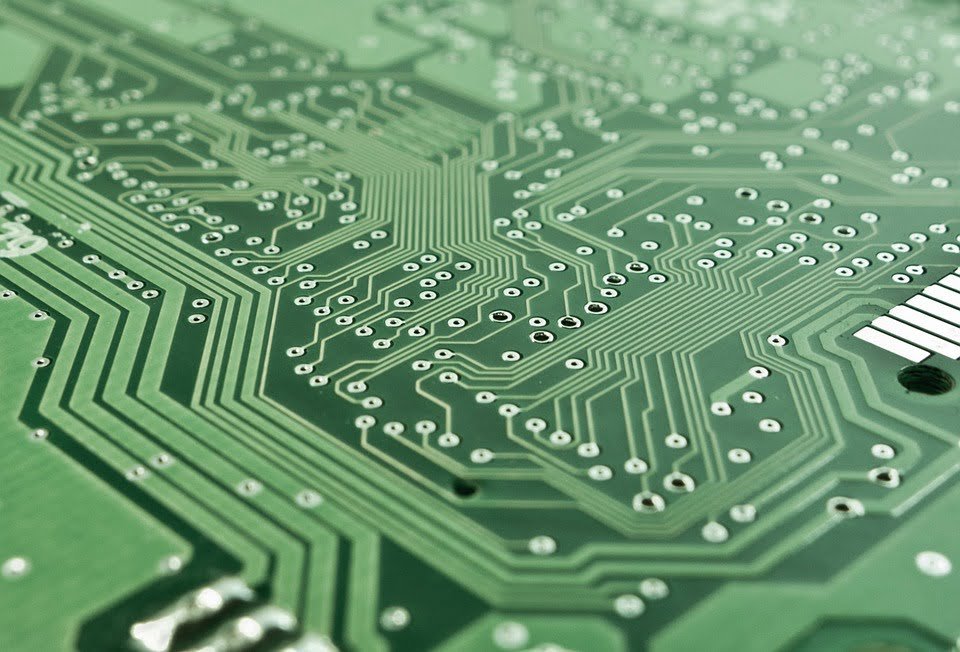In recent years, the rise of robotics and automation has revolutionized industries across the globe. With advancements in technology and artificial intelligence, robots are becoming more sophisticated and capable of handling complex tasks previously done by humans. From manufacturing to healthcare, robots are now being used to streamline processes, reduce costs, and increase efficiency.
One of the industries that has been greatly impacted by the rise of robotics is manufacturing. Automation and robotics have transformed the way products are made, with robots now able to perform tasks such as assembly, welding, and packaging. This has led to increased productivity and reduced labor costs for companies, as well as improved quality and consistency in product manufacturing. With robots able to work around the clock without the need for breaks, they have also helped to speed up production processes and meet tight deadlines.
In the healthcare industry, robots are being used to assist in surgeries, deliver medications, and even provide emotional support to patients. Surgical robots, for example, are now able to perform minimally invasive procedures with greater precision and control than ever before. This has led to shorter recovery times for patients and reduced the risk of complications during surgery. In addition, robots are also being used to deliver medications and supplies to patients in hospitals, reducing the strain on healthcare workers and ensuring that patients receive the care they need in a timely manner.
The rise of robotics has also had a significant impact on the transportation industry. Autonomous vehicles and drones are now being used to transport goods and people, reducing the need for human drivers and improving safety on the roads. Companies like Amazon and UPS are already using drones to deliver packages to customers, while companies like Tesla are developing self-driving cars that could revolutionize the way we travel in the future. With the ability to navigate complex environments and avoid obstacles, these autonomous vehicles are expected to improve efficiency and reduce transportation costs for companies in the long run.
While the rise of robotics has brought about many benefits, there are also concerns about the impact of automation on jobs. As robots become more capable of performing tasks that were once done by humans, there is a fear that automation could lead to job losses in certain industries. However, experts believe that while some jobs may be displaced by automation, new opportunities will also be created in industries that require skills that robots cannot replicate, such as creativity, empathy, and problem-solving.
Overall, the rise of robotics and automation is changing industries in ways that were previously thought impossible. With robots now able to perform tasks with speed, precision, and accuracy, companies are able to improve efficiency, reduce costs, and increase productivity. While there are challenges associated with the rise of robotics, the benefits of automation are clear, and the future of industries looks bright with the integration of robots in various sectors.









